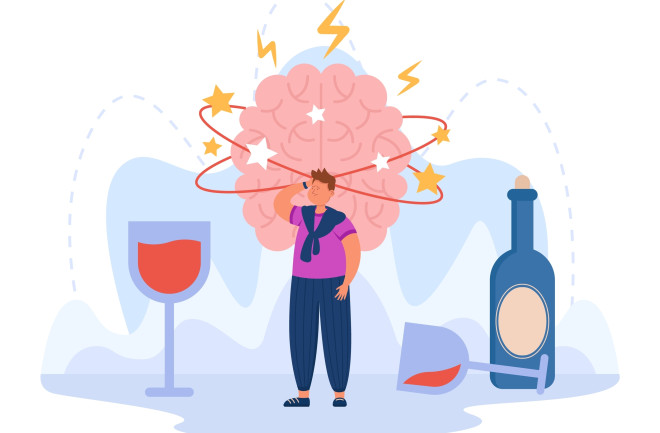INTRODUTION: Most doctors advise people on the risks associated with alcohol consumption, there might be some lesser-known facts or nuances that aren’t always covered in detail. while some Doctors aim is to give comprehensive information about both the potential benefits and risks of alcohol consumption, but there might be nuances or emphasis differences that patients should be aware of. People metabolize alcohol differently based on factors like genetics, age, weight, and overall health. What’s safe for one person might not be for another

- Health Benefits:
- Health: Moderate alcohol consumption, particularly of red wine, has been associated with a reduced risk of coronary artery disease. This is primarily attributed to the antioxidants present in red wine, such as resveratrol, which may help protect the lining of blood vessels in the heart, the chances of dying can reduce by 18% if you take the alcohol moderately per day.
- Diabetes Type 2: Some studies suggest that moderate alcohol consumption may improve insulin sensitivity and reduce the risk of developing type 2 diabetes
- Social Benefits: In certain social settings, moderate alcohol consumption can enhance social interaction and relaxation, potentially contributing to overall well-being and stress reduction
- Risks of Overemphasis on Benefits:
- Alternative Health Choices: While some studies suggest potential benefits of moderate alcohol consumption, there are many other lifestyle factors, such as exercise, diet, and non-alcoholic beverages like tea, that also offer health benefits without the risks associated with alcohol.
- Health Conditions: For individuals with certain health conditions or risk factors, any potential benefits of alcohol consumption may be outweighed by the associated risks. For example, people with a family history of alcoholism or liver disease should approach alcohol consumption with caution, regardless of potential benefits.
- Misinterpretation: Highlighting potential health benefits can sometimes lead individuals to overlook or underestimate the associated risks of alcohol consumption.
- Potential Risks:
- Addiction: Even moderate alcohol consumption can lead to addiction or dependence in susceptible individuals.
- Liver Disease: Alcohol is a leading cause of liver disease, including fatty liver, hepatitis, and cirrhosis.
- Cancer: Alcohol consumption has been linked to an increased risk of various cancers, including those of the mouth, throat, esophagus, liver, breast, and colon.
- Accidents and Injuries: Alcohol impairs judgment, coordination, and reaction time, increasing the risk of accidents, injuries, and fatalities.
- Alcohol can lead to difficulty in walking , poor coordination, impaired memory, virtual problem, headaches, poor concertation, vomiting, weakness of the body.
- it lead to infertility in both males and females. Alcohol is also dangerous to pregnant women which will increase the risk of the baby ( in some cases the baby may die) low birth weight or premature birth
In conclusion , while doctors may discuss potential health benefits of moderate alcohol consumption with their patients, it’s essential for individuals to understand the associated risks and make informed decisions based on their own health status and lifestyle factors. Open communication with healthcare providers can help ensure that patients receive personalized guidance and support regarding alcohol consumption.